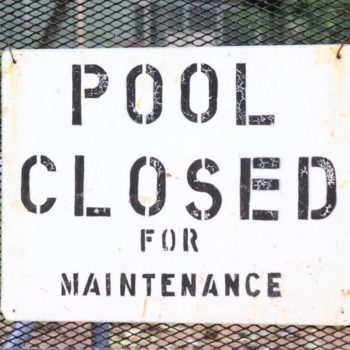Here are some different ways that you can become a great coach:
- Be positive; When you provide criticism, put something positive with it. Sandwich constructive criticism with positive reinforcement.
- Make it fun; As a coach, you must make the game fun! That does not mean there is no discipline and structure. It means you can still have fun while teaching them that discipline is part of the game. We’re talking about children, not professionals, so keep it light, organized and ABOVE ALL…FUN!
- Develop confidence in every player; The best coaches develop players who BELIEVE they can achieve great things as an individual and as a team. Don’t let a player come off the field with their head down after they make a mistake. Commend them for the effort and help them realize it is part of the game. If a player is confident that his coach believes in him no matter the circumstance, he will play with more confidence and develop this valuable characteristic in life beyond the field of play!
- Set expectations early; Your first communication with the parents of your team must include your expectations for the season. These expectations MUST be inclusive of the players, parents, and YOU the coach. You will avoid many problems during the season if you are clear with your expectations and you “walk the talk” of those expectations. Keep them simple, such as: arriving to practice on time; giving your best effort; and having a great attitude. Remember this includes YOU the coach.
- You’re the coach; Make sure the team understands that they are there to learn a game and you’re going to help them become better players. They MUST pay attention when you are demonstrating drills and limit the goofing off. A simple warning, then a lap around the field if they didn’t respond to your warning, usually works.
- Short-term memory; Help your players develop a short-term memory. This means to not dwell on mistakes or get upset for a long time after they make a mistake. They need to forget what happens as soon as possible and move on. It is in the past and they can’t change it, so move forward with a positive attitude. Teach them that mistakes are okay. They happen at every level of play. It’s your responsibility to teach them that they will become a better player if they learn from their mistakes and forget about the outcome. Getting upset at mistakes does not provide a good environment to improve. Not putting it behind them is more detrimental than the mistake itself.
- The three R’s; Teach your players The Three R’s. RESPECT the game; RESPECT their teammates; and RESPECT the opponent. Without an opponent you have no game. Share this with parents and expect the same from them. They need to remember they are an example for their children. Yelling negatively at the official, the other team or their child does not show RESPECT. As the coach you are more of an example than their parents on the field. Make sure that during a game you’re not yelling negative things to the refs, umpires and even fans because your players are watching your every move that you make and if they see you doing it then most likely they’re going to copy you.
- Minimize coaching during the game; It is very difficult to do, especially with younger children. Let them play, make mistakes and learn on their own. If you must coach during a game, do it during a timeout or if you need to have a sub go in for them and talk to them real quickly during the game and have them go back in. Keep it brief, let them play the game and have fun! Make sure you write down something a player did or the whole team did during the game that way next practice you can work on it and show them what they did wrong.
- Develop multi talented players; At the youth level you must strive to develop well-rounded players. Playing a child in one position all of the time simply for the sake of winning is not beneficial to the player or the team. Allow kids to learn different positions and your team will grow to levels you never imagined. You will also be keeping the game exciting for the player. One way to do this is ask kids at the beginning of the season what positions they are interested in playing.
- Develop leaders; Give leaders of the team more responsibility on the field. Allow them to tell the other players what to do, as long as they do it in a respectful, positive manner. Tell them they can correct and instruct other players only if they do so in a way they would like to be talked to. This type of leader on the field is invaluable to a coach. Plus, it develops positive traits in children for life.







